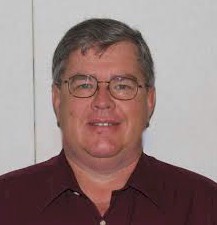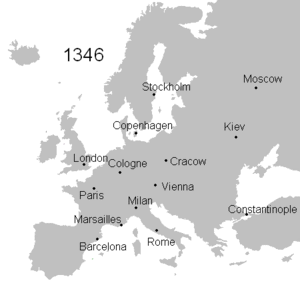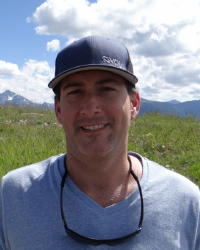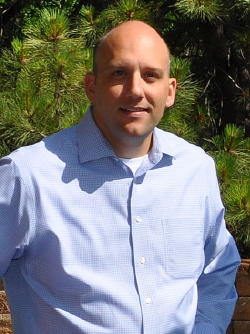Dr. Kenneth Gage, Centers for Disease Control and Prevention (CDC)
Plague and Other Vector-Borne Diseases in Colorado
 News coverage in recent years has highlighted cases of plague in Colorado—just one aspect of the broad expertise possessed by Dr. Kenneth Gage. Gage will discuss recent plague cases in our region, and provide useful information about how the disease is transmitted and diagnosed.
News coverage in recent years has highlighted cases of plague in Colorado—just one aspect of the broad expertise possessed by Dr. Kenneth Gage. Gage will discuss recent plague cases in our region, and provide useful information about how the disease is transmitted and diagnosed.
In his work with the CDC’s Division of Vector-Borne Diseases (DVBD), based in Fort Collins, Gage oversees efforts to prevent and control diseases transmitted by mosquitoes, ticks, fleas and mites—including plague, West Nile virus, Lyme disease, Zika virus and Heartland virus.
As Chief of Entomology and Ecology Activity at DVBD, Gage focuses on domestic and international monitoring, prevention and control of vector-borne diseases on behalf of CDC, and as a consultant to the World Health Organization (WHO) and its affiliates. Gage is the author/co-author of more than 183 scientific publications, including 127 peer-reviewed articles, 8 invited reviews and 21 book chapters.
Spread of the Black Death in Europe (1346–53)
Source: https://en.wikipedia.org/wiki/Black_Death
(Because it’s just not a complete plague discussion without a mention of the Black Death in medieval Europe.)



